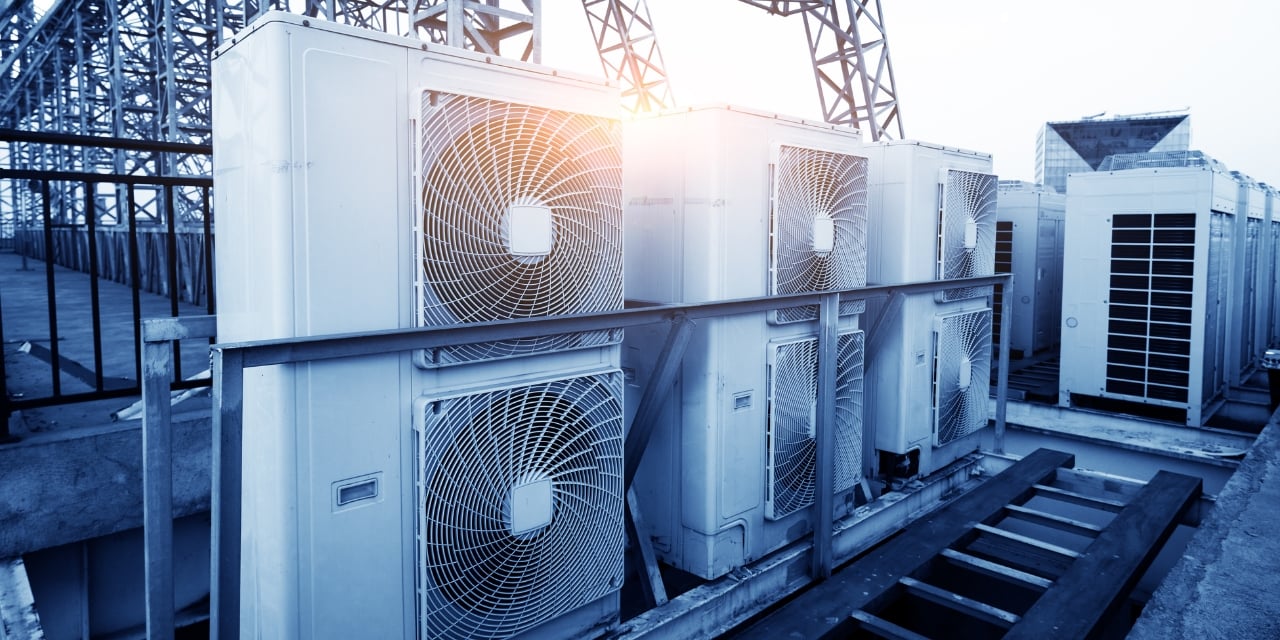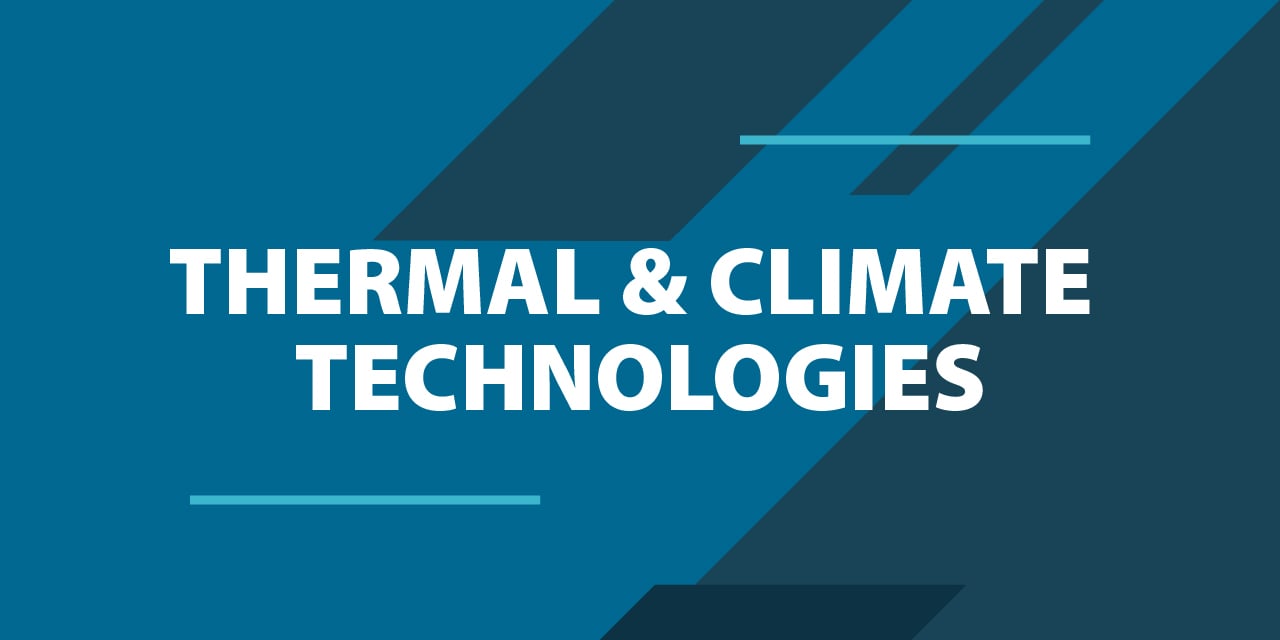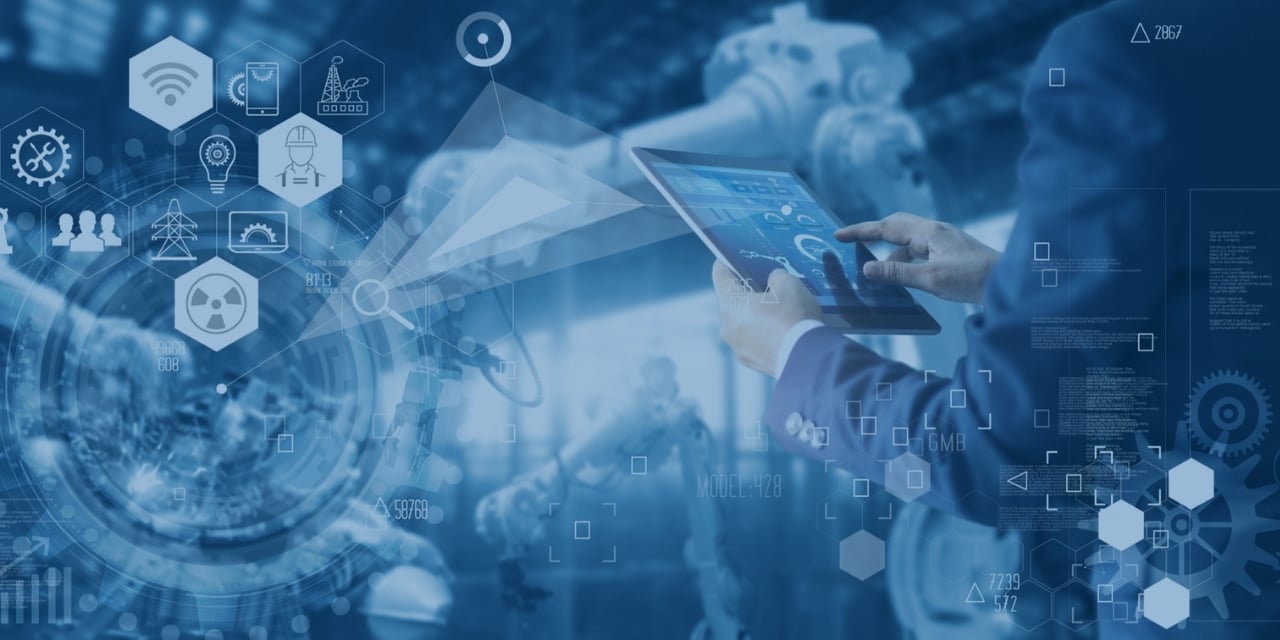
Key Themes from AHR Expo 2024
Baird's Thermal and Climate Technologies team recently attended the 2024 AHR Expo in Chicago. The expo featured 1,600+ exhibitors, 50,000+ attendees and 370+ speakers. Tens of thousands of products were featured across categories including heating, cooling, refrigeration, ventilation, plumbing, indoor air quality, building automation & control, sustainable solutions, software and tools & instruments. Attendees ranged across the entire HVACR value chain, including engineers, contractors, OEMs, wholesalers & distributors, design/build professionals, manufacturer’s reps, architects, facility managers and more.
In addition, Baird's Global Investment Banking team hosted its annual AHR Reception in conjunction with the show. This year, the event was attended by 50+ industry participants and private equity investors, highlighting the continued focus on this sector as a point of investment and M&A activity going forward.
There were a number of recurring themes highlighted throughout the expo as well as from Baird’s recent discussions with industry participants and investors. Here are our key takeaways from the event as we continue into 2024:
Accelerating Urgency Around Building Decarbonization
- As the importance of building decarbonization continues to drive change, the HVACR industry stands at the forefront of efforts to develop efficient, sustainably built environmental solutions.
- The HVACR industry is undergoing a remarkable transformation driven by technological advancements and a heightened focus on sustainability. As the world continues to place an emphasis on climate change, the industry has shifted its focus towards developing innovative solutions that not only provide optimal comfort, but also significantly reduce greenhouse gas emissions.
- Building decarbonization has emerged as a pivotal trend, pushing HVACR professionals to integrate renewable energy sources, such as solar and geothermal systems, into their designs.
- Smart and connected HVACR systems have gained traction, enabling remote monitoring, predictive maintenance and improved energy optimization.
- The integration of artificial intelligence and machine learning is revolutionizing system efficiency by analyzing data patterns to make real-time adjustments.
- Global organizations, such as ASHRAE, have taken a proactive approach to advancing building decarbonization efforts through the development of comprehensive standards and guidance.
- Recent strides include the adoption of eco-friendly refrigerants and energy-efficient electric heat pump technology.
A2L Refrigeration Transition
- In December 2020, the American Innovation and Manufacturing (AIM) Act authorized the Environmental Protection Agency (EPA) to phase down the production and use of hydrofluorocarbons (HFCs). This requires HVACR manufacturers to transition to the next level of low global warming potential (GWP) refrigerants for all new residential and commercial ducted HVACR systems.
- Beginning January 1, 2024, the allocation of HFC refrigerants (such as R410A) was reduced an additional 30% for a total 40% reduction compared to the baseline.
- To ensure acceptable HFC refrigerant in the market stream, recovery and reclamation must increase, and new products have started to migrate to the new A2L refrigerants. A2L refers to a class of refrigerants with low toxicity and low flammability.
- As of January 1, 2025, any new HVACR systems installed must be compatible with A2L refrigerants. This will pose a significant challenge for contractors to upgrade equipment and ensure proper training for technicians at an expedited pace, especially as the availability of HFC refrigerants will inevitably diminish in the coming months.
- For residential, we expect new A2L products will be available for order starting between Q2-2024 and Q3-2024 with initial shipments starting in Q3-2024 and Q4-2024.
- For light commercial, OEMs are generally planning to begin taking orders by mid-year for shipments in Q4-2024.
Electrification & Heat Pumps Continue to Gain Traction within HVACR Systems
- Energy efficiency has accelerated as regulations and environmental awareness drive innovation in sustainable HVACR solutions.
- The adoption of heat pump compressor technology has continued to grow, in part due to evolving efficiency and decarbonization regulations and incentives such as the Inflation Reduction Act (IRA).
- Heat pumps continue to redefine the heating and cooling industry as they take share from traditional gas furnace systems. 2022 marked the first year in which U.S. sales of heat pumps exceeded those of traditional gas furnaces.
- While heat pumps have been around since the 1970s, the next generation of high-efficiency inverter-driven heat pumps have the capacity to provide efficient heating in cold climates. In a dual-fuel heating system, a heat pump is connected to a high-efficiency gas furnace and can seamlessly adjust between heating sources depending on heating demands.
- HVACR installer training requires continued evolution to keep pace with rapidly changing HVACR technologies.
Continued Importance of Indoor Air Quality
- Homeowners and building managers alike remain mindful of the importance of indoor air quality (IAQ). The pandemic made it clear how crucial it is to have clean, healthy air and this has been further demonstrated as natural disasters such as wildfires emerge as the most recent IAQ threat.
- Whether in residential or commercial applications, ventilation, filtration, humidity, disinfection and monitoring are critical to achieving a healthy indoor environment.
- Evidence linking poorly ventilated buildings to elevated risks of airborne infection transmission and subsequent respiratory and cardiovascular health issues has recently prompted a thorough reevaluation of existing IAQ standards.
- In July 2023, ASHRAE released its groundbreaking publication, Standard 241, Control of Infectious Aerosols. The standard establishes minimum requirements for the control of infectious aerosols to reduce the risk of disease transmission in the occupiable space of new, existing or majorly renovated buildings.
-
This growing emphasis on IAQ and occupant well-being has highlighted a broader recognition of the critical link between HVACR systems and human health.
Residential Trends Show Signs of Upside for 2024 Following a Challenging 2023
- The market remains optimistic about a 2024 residential rebound, despite recent AHRI shipment data that has shown softness due to several factors, including distributor conservatism around initial A2L transition regulation language and core distributor destocking.
- Destocking and supply chain normalization have made progress, but inventories are still elevated in the wholesale / distribution channel. However, lower-cost raw materials are expected to provide margin upside going forward.
- Expectations for declining interest rates should lead to improved new residential construction activity as we continue into 2024, where low- to mid-single-digit growth in single-family starts are expected.
- Repair and remodel activity should benefit in 2024, though with a lag and improvement weighted toward the second half of the year as lower rates could spur improvement in existing home turnover and ultimately revitalize repair and remodel demand.
Recent Commercial Commentary has been Mixed Depending on Vertical Exposure
- While 2023 commercial performance was generally strong, leading indicators suggest differing activity by end market, with some markets expecting continued new installation growth, while others shift toward repair and replacement activity.
- Current sentiment around commercial office, multi-family and warehouse remains more focused toward repair / remodel as new construction activity in these markets has shown signs of softening recently.
- Other commercial verticals, including education, data centers, healthcare, semi-conductor, food & beverage and hospitality, continue to show signs of sustained growth.
- Focusing on performance within the climate technologies space, U.S. light commercial and large commercial HVACR unit shipments were both up low double-digits YoY in November 2023.
Interested in learning more about these trends? Connect with Baird's Thermal and Climate Technologies team.
Dale Rudow
+1-414-298-7495
drudow@rwbaird.com
Joe Packee
+1-414-298-7644
jpackee@rwbaird.com
Nick Sealy
+44-20-7667-8370
nsealy@rwbaird.com
Jen Roeper
+1-414-298-1921
jroeper@rwbaird.com
Christian Lang
+49-69-1301-4996
clang@rwbaird.com
Jack Bazal
+1-414-298-7782
jbazal@rwbaird.com


